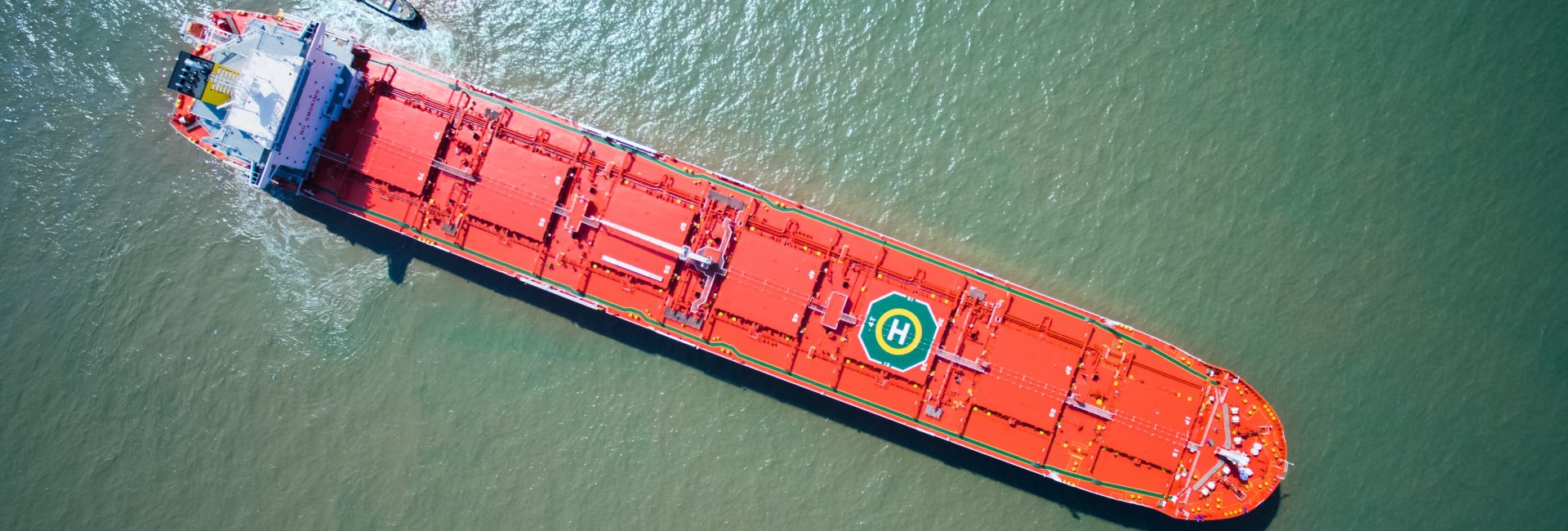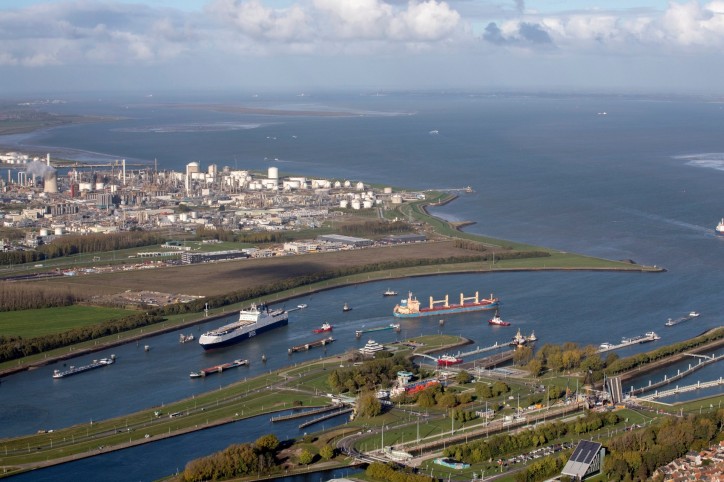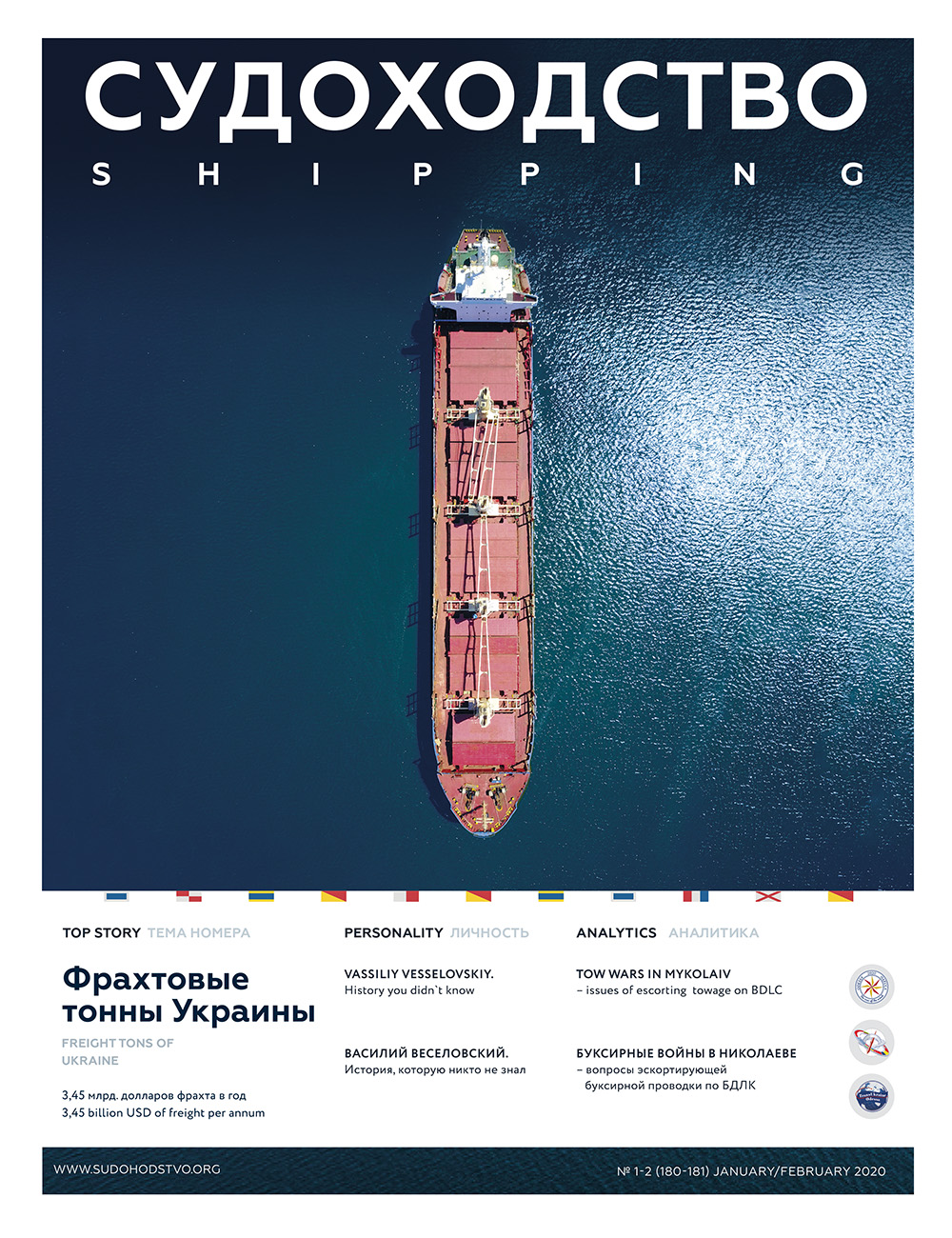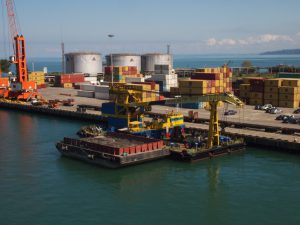The International Energy Agency has a sobering warning about the health of the world’s oceans. The total amount of oceanic plastic waste is likely to more than double by 2030, and then keep getting worse, if action isn’t taken now, according to projections by the Paris-based organization in a report published Friday.
Arresting images of strangled turtles and tropical waves clogged with garbage have helped raise awareness about the threat to oceans from plastic waste. But the IEA’s projections suggest that efforts to curb that pollution — such as the movement to ban plastic straws — may prove futile unless there’s a global revolution in recycling and waste management.
It’s estimated that around 100 million metric tons of plastic waste has already “leaked” into oceans, an amount that’s increasing annually by 5 million to 15 million tons, according to research cited by the IEA. The infamous Pacific garbage patch, which covers an area three times the size of France and holds the equivalent of 250 pieces of plastic for each person on earth, may only contain as much as 79,000 tons, the IEA said.
Plastic Pollution in Water Ultraviolet radiation from the sun breaks down plastic into microplastics, which are five millimeters or smaller Microplastics are mistaken for plankton and ingested by marine life, leading to choking and starvation Plastic microbeads used in cosmetics can get flushed into the sewer systems and end up in waterways An estimated 80 percent of the plastic in the ocean is derived from land-based sources, as opposed to fisheries and ships. More than half of that can be attributed to China, Indonesia, Philippines, Thailand, and Vietnam About 3/4 of plastic leakage in oceans that originates on land was never collected as waste; the other quarter leaks from waste management systems
The problem is that recycling and waste management efforts aren’t keeping pace with the massive growth in plastic production and consumption. Less than 20 percent of plastic waste is currently collected for recycling, according to the IEA.






















